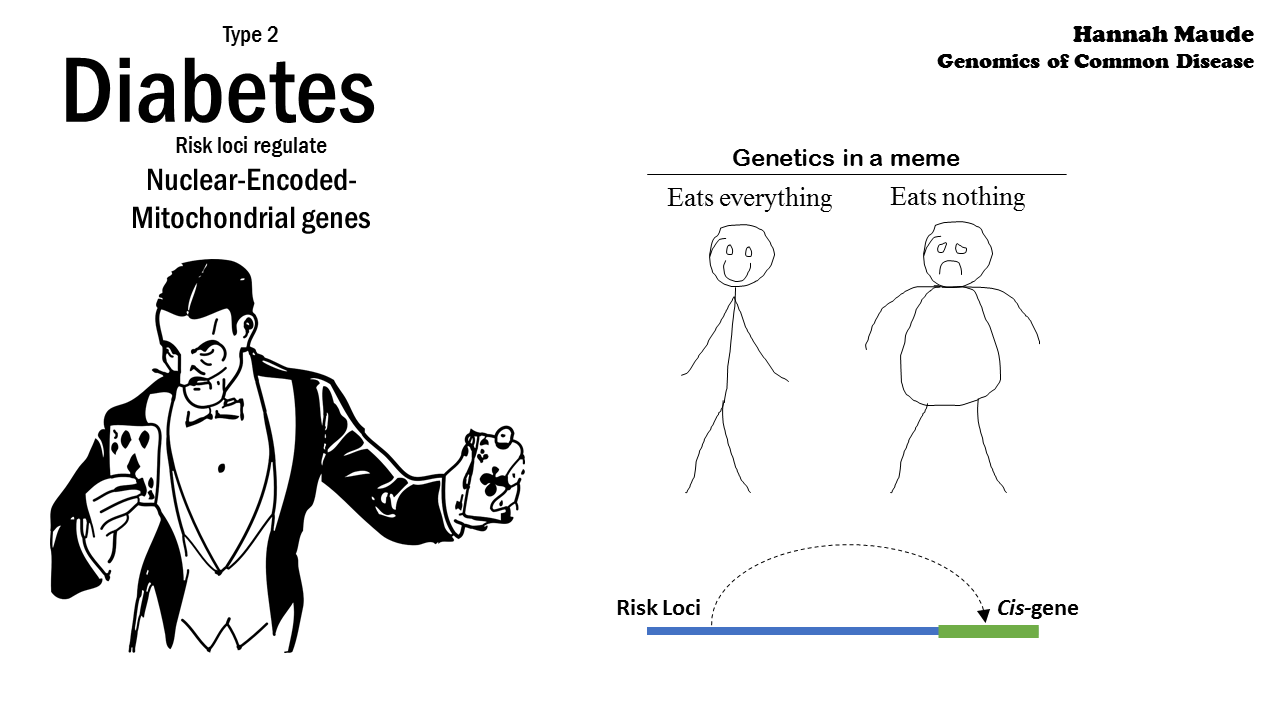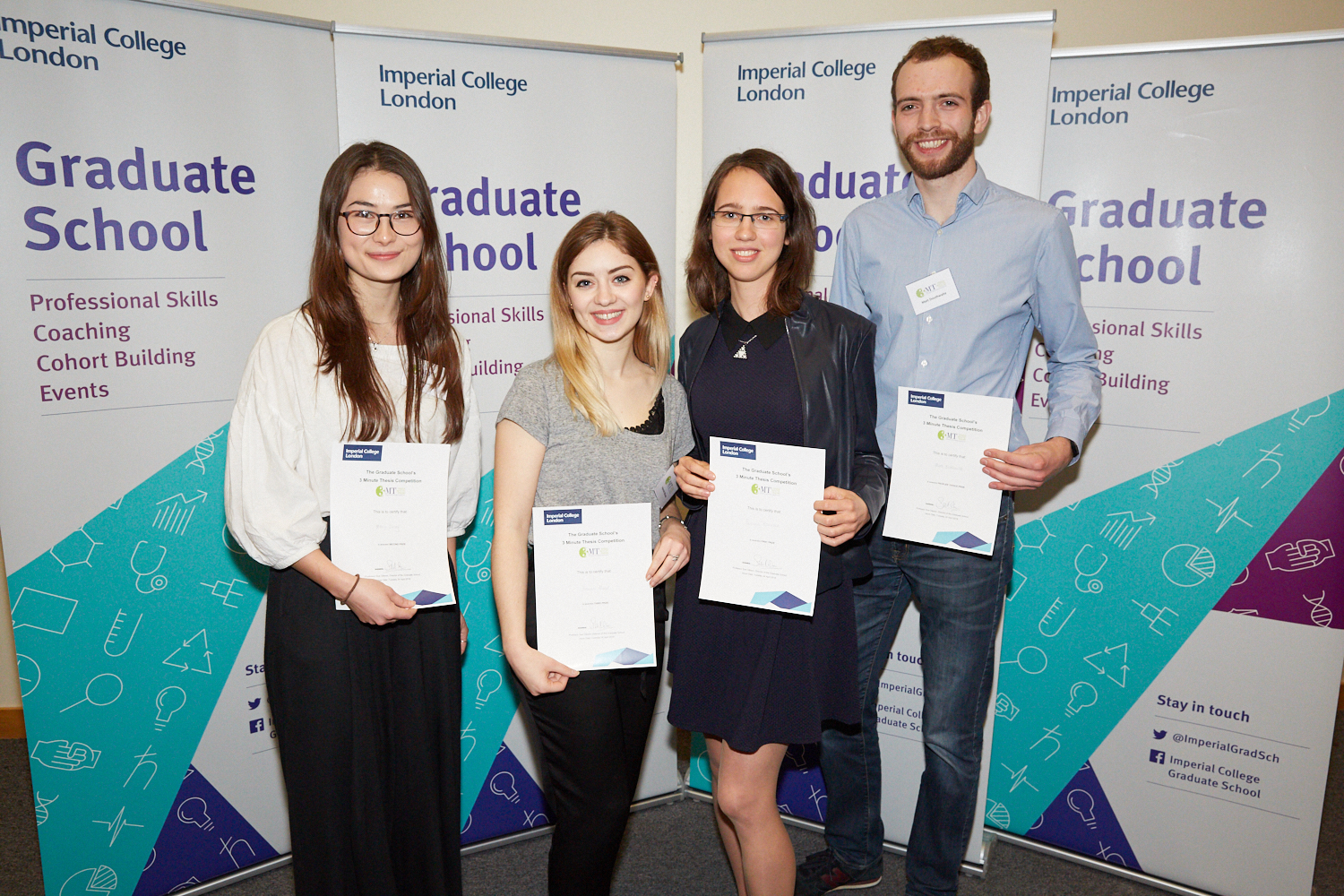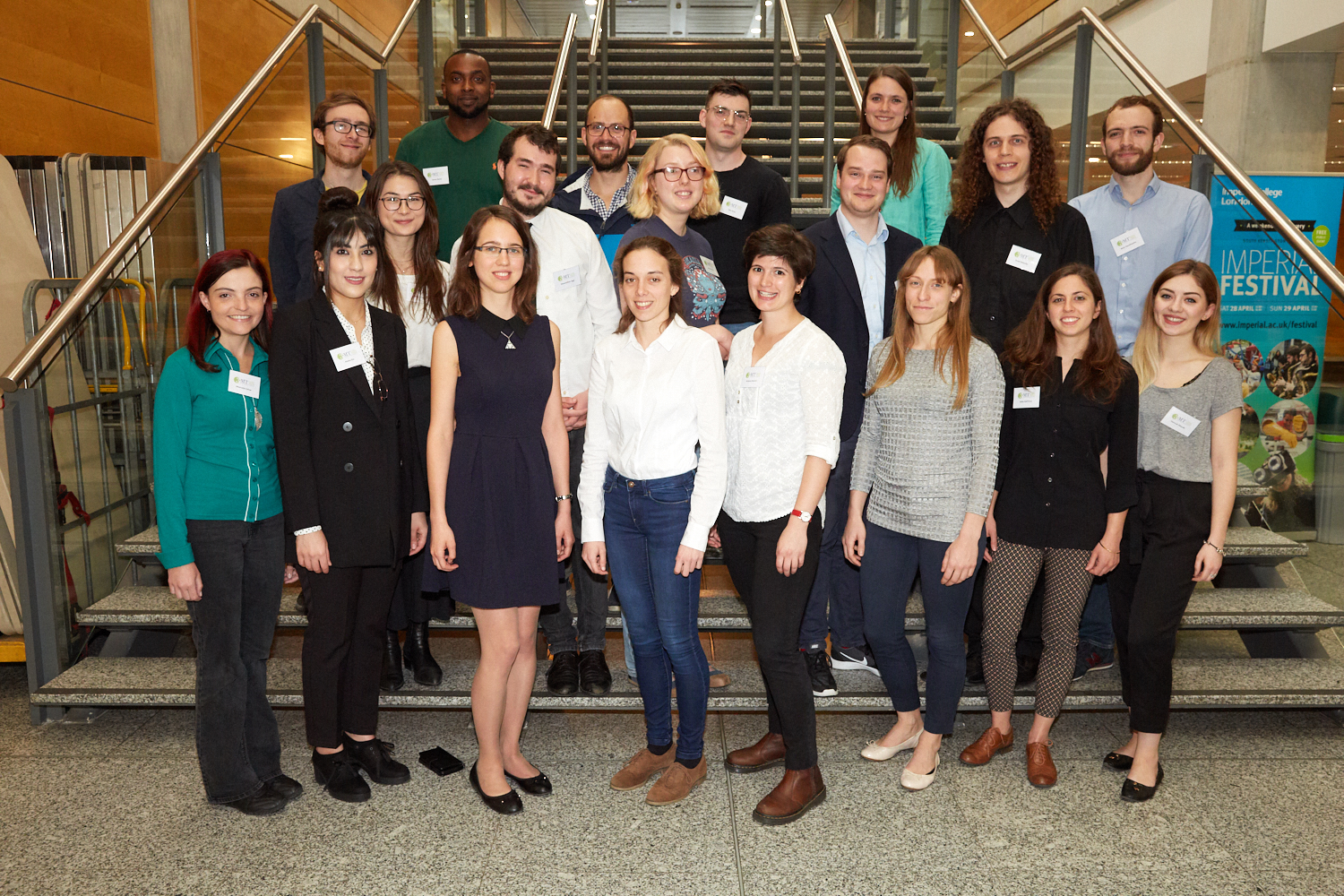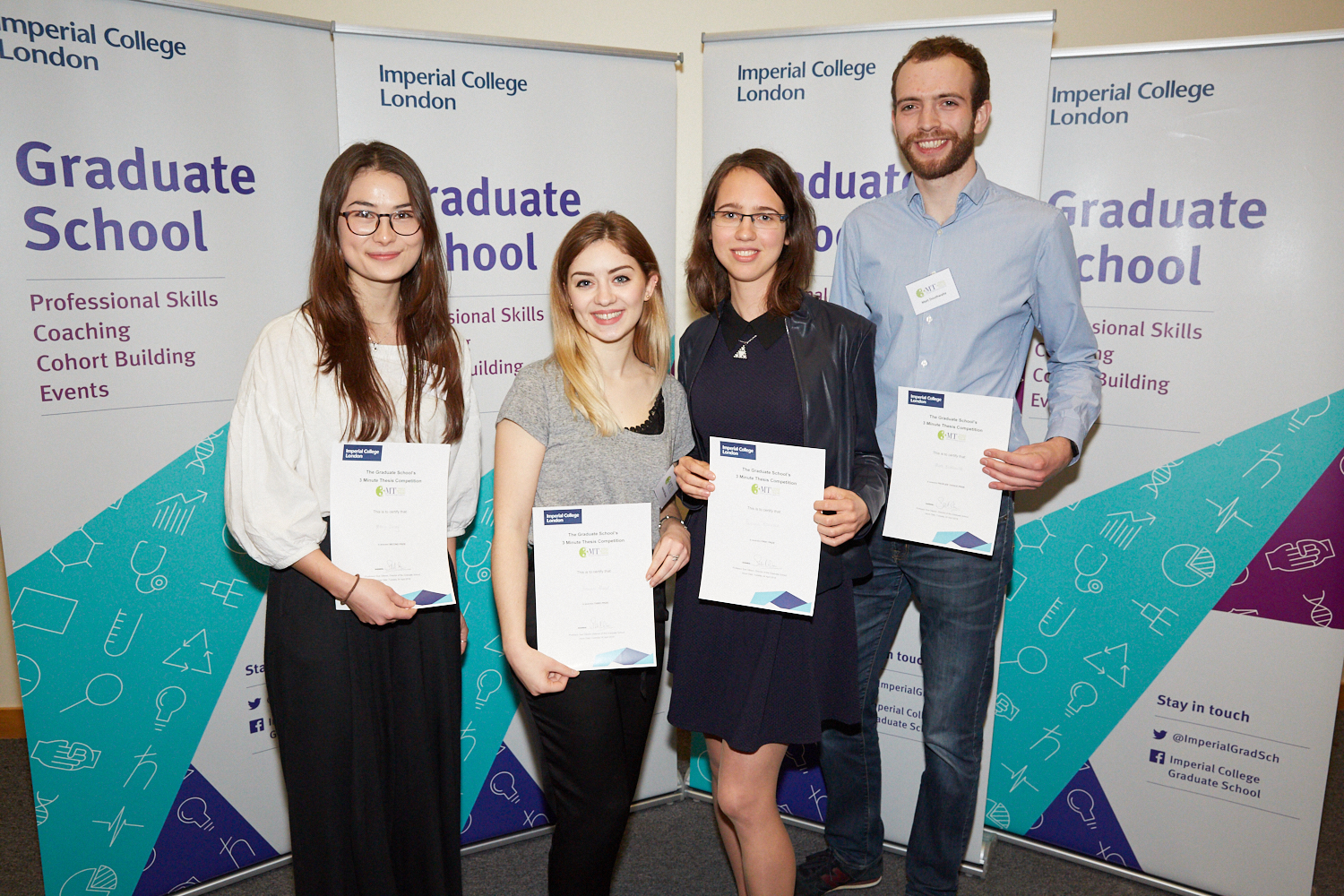Master’s 3.60 – An Opportunity for Public Engagement
by Rosie Dutt, MRes student in the Department of Chemistry
Within academia, each individual is working diligently towards their research aims. It is fair to say there have been many nights where some may be working tirelessly to fix a programming code, whilst others ponder over why their reaction series has not worked. Eventually, we reach the end of our research once our scientific questions have been fully explored, with the aim of a publication into a prestigious scientific journal. However, this results in our work being read by our peers within the field, and on some occasions, by individuals with allied interests into the research area – but seldom by the general public.
This is unfortunate, as most the research conducted at Imperial – and indeed around the world – has significant impact, not only in academia, but also to society, the economy and the environment. Consequently, there has been a lot of emphasis recently to engage individuals outside the discipline and to raise awareness as to how the current research can impact them. I believe the Master’s 3.60 competition endeavoured to do just this, within Imperial itself!
The Competition
This was the second year of the cross-departmental initiative across all the master’s courses at Imperial. The first phase required students to submit a single slide detailing the background, methods and impact of their research; alongside a recording describing their study within 2 minutes. The process of preparing the submission required us to command a detailed understanding of what our research entailed, in order to get the key points across. Hereafter, 16 individuals were selected as finalists, including myself!
The second phase required us to present our research within 3 minutes, to an audience of our peers, and a panel of judges, with the aid of 4 slides. The slides were split such that there was now one for each aspect of the requirements (introduction, background, method and impact). Finalist were required to present in succession of each other, with judges ensuring the 3-minute rule was adhered too. When the results were announced I was awarded second place!
My Experience
My research is in partnership with Great Ormond Street Hospital and focuses on investigating traumatic brain injuries in children, to see how this results in structural, functional and cognitive brain changes – as assessed by imaging techniques and neuropsychological assessments. Preparing for the competition required me to assess what I had done, how I had done it, and the impact it would have on society, the economy and academia itself. This allowed me to identify key aspects of my research, and succinctly deliver it in a manner which was accessible to all.
Whilst preparing for the presentation, I attended a Mastering Presentation Skills workshop run by Dr Helal Ahmed. This required contestants to practice their presentations alongside each other and obtain feedback. I found this exercise extremely useful, as I was able to learn more about what further skills needed to be showcased, that being: confidence, enthusiasm, clarity, accessibility and relatability. I also took the opportunity to present in front of my research group, who provided feedback on how to better the presentation.
Personally, the competition helped me to develop my presentation skills by honing in on being as concise as possible; since conveying research conducted over 8 months, in 3 minutes, was quite a task. This has no doubt helped me with the structure of writing my manuscript and to focus on the application, and wider impact of the study. Furthermore, this was a great opportunity to communicate science, develop public engagement skills, and represent our respective departments.
Having a strong interest in science communication myself, I was very excited to hear about the research conducted by my peers. It was truly inspiring to see the amount of impactful research that was occurring within Imperial. Thus, I would recommend everyone to apply to the competition as it is a great way to start thinking about your research in a wider context, develop your confidence and presentation skills, as well as learn about the great research occurring within the university.





